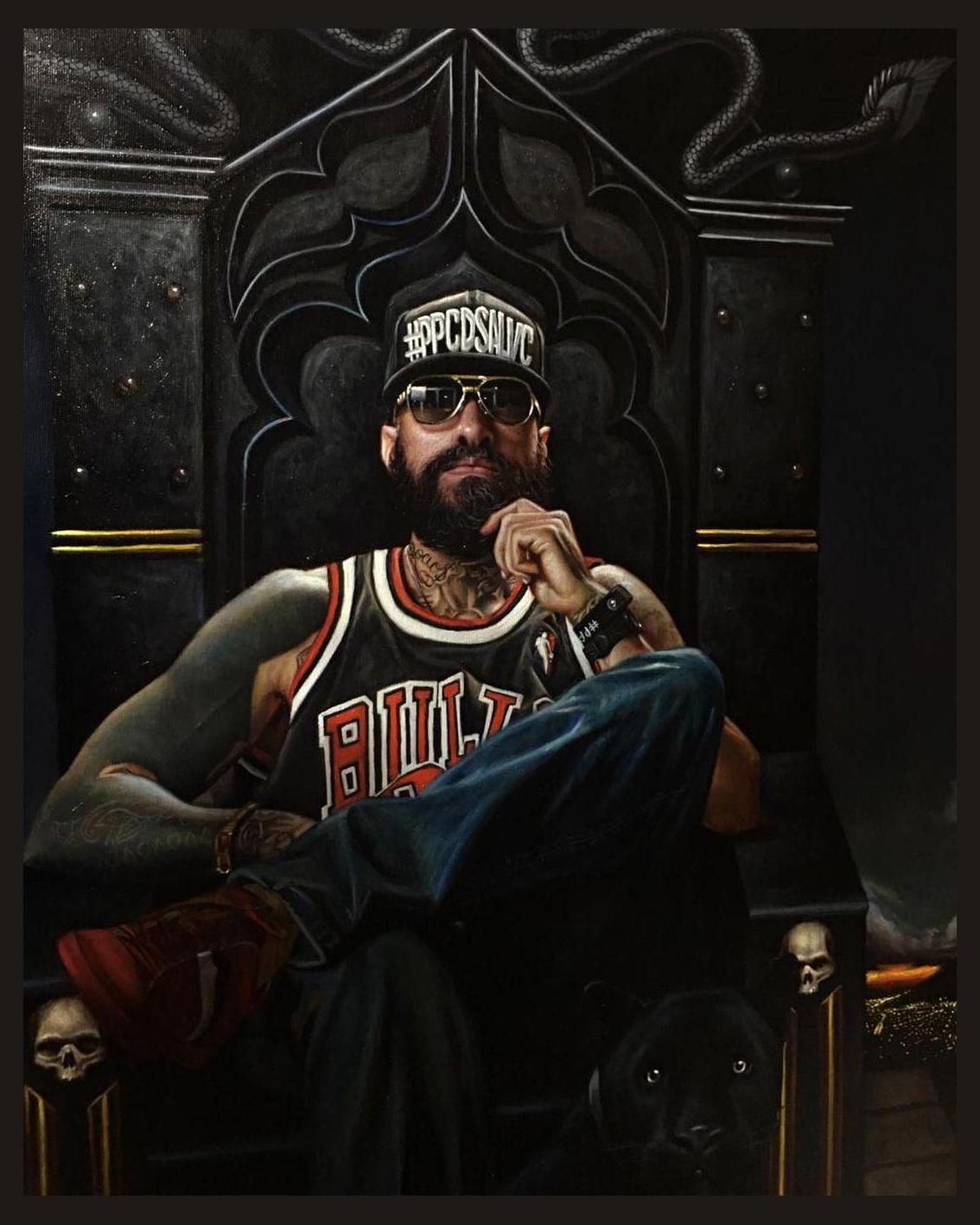 Cartel de Santa
Cartel de Santa
Cartel de Santa: The Controversial Kings of Mexican Rap
Cartel de Santa, hailing from the vibrant city of Monterrey, Mexico, rose to prominence as one of the most influential and controversial hip-hop acts in Latin America. Their raw lyrics, aggressive beats, and unapologetic stance on social issues captivated a generation of listeners and sparked numerous debates.
Challenges and Controversies
Cartel de Santa's rise was not without its setbacks. Their outspoken lyrics, which often explored themes of drug use, violence, and poverty, drew the ire of both conservative groups and law enforcement. In 2004, their album "Cartel de Santa Vol. II" was banned in several Mexican states for its alleged glorification of drug trafficking.
Undeterred, the band continued to push boundaries, challenging societal norms and exposing the underbelly of Mexican culture. Their music became a voice for the marginalized and disenfranchised, resonating with listeners who felt alienated by mainstream media.
Discography and Members
Cartel de Santa has released a string of successful albums, including "Cartel de Santa Vol. I" (2002), "Cartel de Santa Vol. II" (2004), "Vol. III: Vida Artificial" (2008), and "Sincopa" (2010). The band's core members include:
* MC Babo (Eduardo Dávalos De Luna)
* Rowan Rabia (Héctor Armando Hernández)
* DHarius (Alan Manuel Méndez)
Collaborations and Legacy
Cartel de Santa has collaborated with numerous renowned artists, including Alemán, Millonario, and Adán Cruz. Their most iconic collaboration, "TUY," featuring these three rappers, became a massive hit and cemented their status as icons of Mexican rap.
The band's legacy extends beyond their music. They have become cultural ambassadors for Monterrey and have inspired a new generation of rappers and artists to speak their truth and challenge the status quo. Despite their controversies, Cartel de Santa remains one of the most influential and respected hip-hop acts in the Latin music world.
Cartel de Santa, hailing from the vibrant city of Monterrey, Mexico, rose to prominence as one of the most influential and controversial hip-hop acts in Latin America. Their raw lyrics, aggressive beats, and unapologetic stance on social issues captivated a generation of listeners and sparked numerous debates.
Challenges and Controversies
Cartel de Santa's rise was not without its setbacks. Their outspoken lyrics, which often explored themes of drug use, violence, and poverty, drew the ire of both conservative groups and law enforcement. In 2004, their album "Cartel de Santa Vol. II" was banned in several Mexican states for its alleged glorification of drug trafficking.
Undeterred, the band continued to push boundaries, challenging societal norms and exposing the underbelly of Mexican culture. Their music became a voice for the marginalized and disenfranchised, resonating with listeners who felt alienated by mainstream media.
Discography and Members
Cartel de Santa has released a string of successful albums, including "Cartel de Santa Vol. I" (2002), "Cartel de Santa Vol. II" (2004), "Vol. III: Vida Artificial" (2008), and "Sincopa" (2010). The band's core members include:
* MC Babo (Eduardo Dávalos De Luna)
* Rowan Rabia (Héctor Armando Hernández)
* DHarius (Alan Manuel Méndez)
Collaborations and Legacy
Cartel de Santa has collaborated with numerous renowned artists, including Alemán, Millonario, and Adán Cruz. Their most iconic collaboration, "TUY," featuring these three rappers, became a massive hit and cemented their status as icons of Mexican rap.
The band's legacy extends beyond their music. They have become cultural ambassadors for Monterrey and have inspired a new generation of rappers and artists to speak their truth and challenge the status quo. Despite their controversies, Cartel de Santa remains one of the most influential and respected hip-hop acts in the Latin music world.